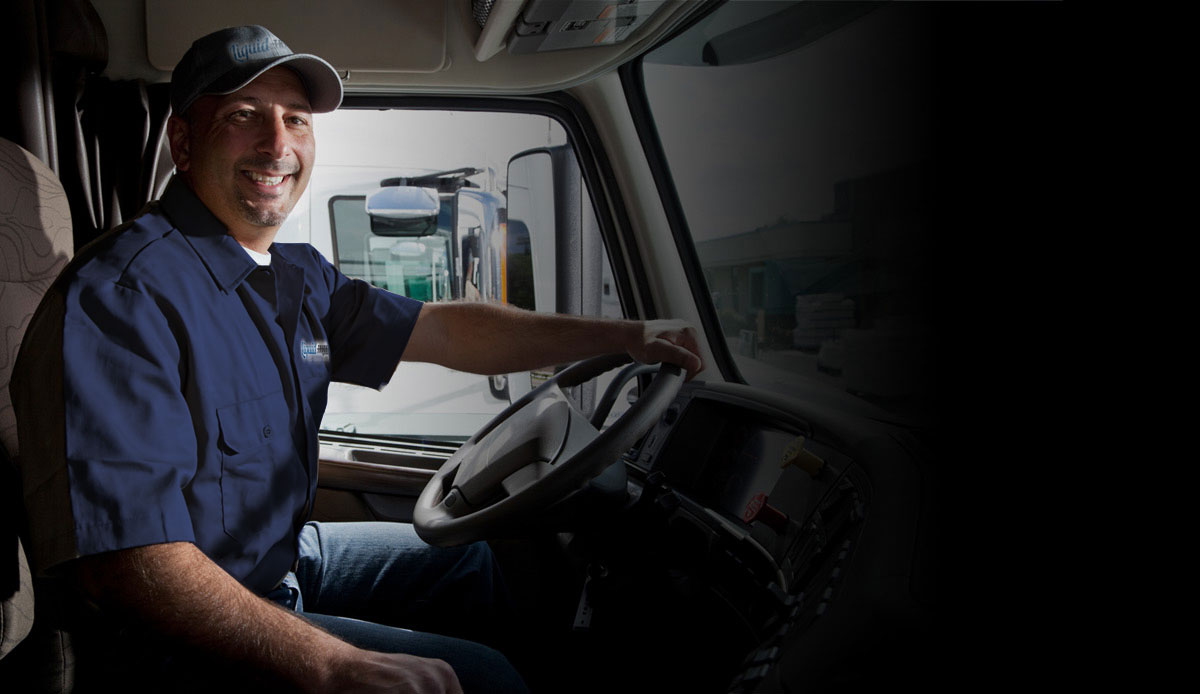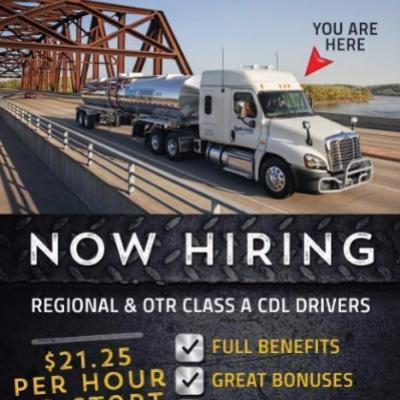Rumored Buzz on Truck
Table of ContentsHow Truck can Save You Time, Stress, and Money.The 15-Second Trick For TruckExamine This Report about TruckWhat Does Truck Mean?
Short haulsLots of work availableEasy unloading in big plants Jobs not as readily available to owner-operatorsDifficult shipments in little townsYou will smell like diesel fuelHigh-risk transports Chemical tankers are small tanks, round fit, and primarily stainless-steel on the outside wrap. I worked pulling chemical tankers for a while as well.Common items transferred in chemical tankers consists of different kinds of acids, liquid fertilizers, de-icer, ethylhexyl, glycol, naphtha, solvents, and alcohol. Yes. You truly need to be on top of things to haul chemicals. It can be an intricate thing, without any margin for error. Chemical tanker motorists are offered an item book so they can reference the product book to read what HAZMAT code the item is on their trailer.
Hauling dangerous item includes the danger of chemical spills and perhaps inhalation of harmful chemicals. There are potential risks when the product is being filled and unloaded in addition to when it's being transported. Chemical spills are a big offer. Even if a small quantity of chemical is spilled, there will need to be environmental cleanup procedures which are very costly.
A few of that expense may be yours depending upon the scenarios. Because these items are high-risk, companies typically will not press you to satisfy specific time restrictions. Packing and dumping procedures with a chemical tanker depend upon what the item is. truck. This determines what method will be utilized to offload. Some of the more combustible items can't be risked by running the product through an item pump, so they will pressurize these products down to keep them from blowing up.
Truck - Truths
They can pump off the load depending on what the product is and they can also blow off product using pressurized offloading. All shipments of chemical products are by appointment only, which can be a pain in the butt. Nevertheless, normally, the drivers don't load or dump them. This is done by the refinery rather than the truck chauffeur as compared to gas and diesel tankers, which are unloaded and loaded by the truck driver.



This takes a while to get the hang of it. For instance, when you are in a mountainous area in the winter time, you need excellent traction when visit here you're dealing with uphill (truck). However, these trailers are often only filled half or 3/4 loaded. As a result, when you start uphill the weight of the load travels to the back of the trailer and you break traction on your drive due to the fact that all the weight is on the trailer tandems.
The factor there are no baffles in chemical trailers is since these trailers get rinsed at specialty tank cleans after each load in order to guarantee there is no cross-contamination from load to load. With baffles in a trailer, there are seals on the within the trailer which can trap particles of the chemicals which would infect a load.
The 10-Minute Rule for Truck
The cost for the washout of a chemical trailer doesn't come inexpensive either. It costs hundreds of dollars to flush and rinse these trailers. It's a required process to prevent contamination. Aside from challenges with transporting, motorists also need to monitor their hauls closely. Chemical trailers are insulated and beneath the stainless skin is a layer of insulation prior to the inner barrel for when products are carried which needs to be kept at a specific temperature.
If the product coagulates it won't feed through the pump. Someone driving a chemical tanker requires to remain on top of the HAZMAT policies for their load in order to prevent pricey cleanup. There are a variety of items with various training requirements specialized trainingSmall tanks with a round shape means much better gas mileage overallSafety requirements are high so driving worn out isn't expectedLots of paid downtimeNo loading or unloading is done by the driver Chemicals are high-risk and can be dangerous to your healthChemical spills are very costlyHauls need to be carefully monitoredThere aren't baffles to avoid sloshingWash out is expensive Pneumatic tankers are the large tanks which haul bulk dry product such as cement and plastic pellets.
The freight is not dangerous or harmful in any method. These trailers are unloaded by pressurizing their products, normally utilizing a big drum compressor which connects to the tractor system. They plug in the tanker and blow the product into a tank. Dry bulk trailers have a link high center of gravity as the tanks and compartments are cone-shaped to help with the dumping process.
This makes managing these trailers can tricky considering that they have a high center of gravity. These trailers are very vulnerable to crosswinds. There is no slosh element at all related to these kinds of tankers, so many tanker drivers prefer this type of work. Dry bulk trailers tend to Full Article be large, high, and long as the items are lighter.
How Truck can Save You Time, Stress, and Money.
Transporting dry bulk in tanker trailers tends to be brief haul work. Long run dry bulk is generally done by rail. The haul is not HAZMAT or hazardous in any way. There is no slosh element to worry aboutShort haul work These trailers have a high center of mass making them difficult to haulThe design is vulnerable to crosswinds Propane tankers transport liquid lp.